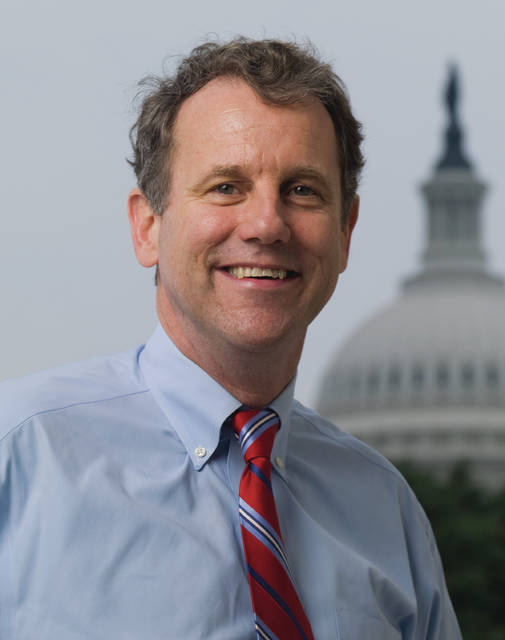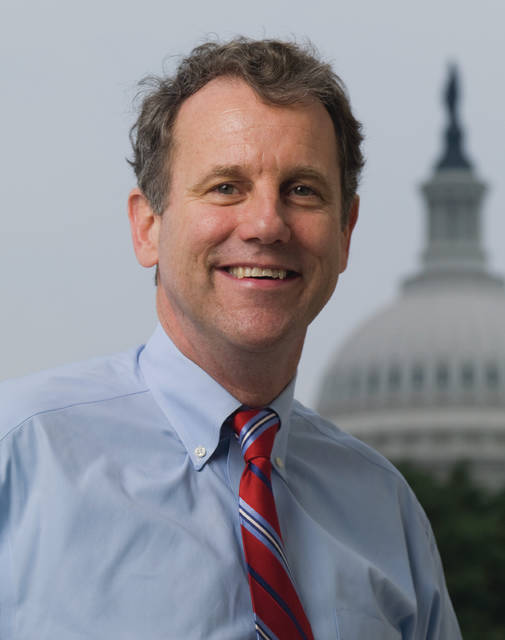

Last week, I called for a full-scale public health campaign to fight the opioid epidemic. Getting Ohioans struggling with addiction the treatment they need must be a big part of that effort. But our investment can’t end there.
We need to make sure recovering Ohioans have the job opportunities they need to get back on their feet.
I’ve heard the same thing from Mayors across Ohio: employers can’t fill openings because workers can’t pass drug tests. And Ohioans struggling with addiction can’t find jobs.
We already have federal grant programs that support addiction treatment. And we have separate programs that fund workforce training. But solving this crisis requires them to work together.
That’s why last week I introduced bipartisan legislation with my Republican colleague, Shelley Moore Capito of West Virginia, that will do just that. Our legislation, the Collectively Achieving Recovery and Employment Act – or the CARE Act – will combine existing resources from the Departments of Labor and Health and Human Services to fund combined addiction treatment and workforce training efforts.
We know this model can work. Ohioans are already doing it. Edwins Leadership and Restaurant Institute in Cleveland plans to open a restaurant in Medina later this year to hire and train people struggling with addiction for careers in the restaurant industry.
And last week, I talked with Steve Davey, President of Goodwill Industries of Erie, Huron, Ottawa and Sandusky Counties. They hope to use the grants our bill would provide to partner with local treatment providers and combine their efforts with the workforce training Goodwill already has experience with.
The Trump Administration has also recognized that this is a good idea – Secretary Acosta announced a similar pilot program this year. Our bill would expand on that smaller program, and would allow for more coordination of resources.
We know that with sustained investment and innovative ideas, we can beat this epidemic. We know because we’ve done it before – we have dramatically reduced deaths from car accidents, pollution, workplace accidents, tobacco, and HIV. Those lessons teach us that we need a coordinated public health campaign, designed by experts at the CDC, NIH, and the Office of National Drug Control Policy, informed by data, and coordinated across public and private entities.
If we’re successful, hundreds of thousands more Americans will never use an opioid at all. But we will also have hundreds of thousands more who have used opioids, but whose lives are not lost or ruined. They’re going to be living with and managing their addiction. This bipartisan bill will help them get the job opportunities they need to sustain that recovery.





